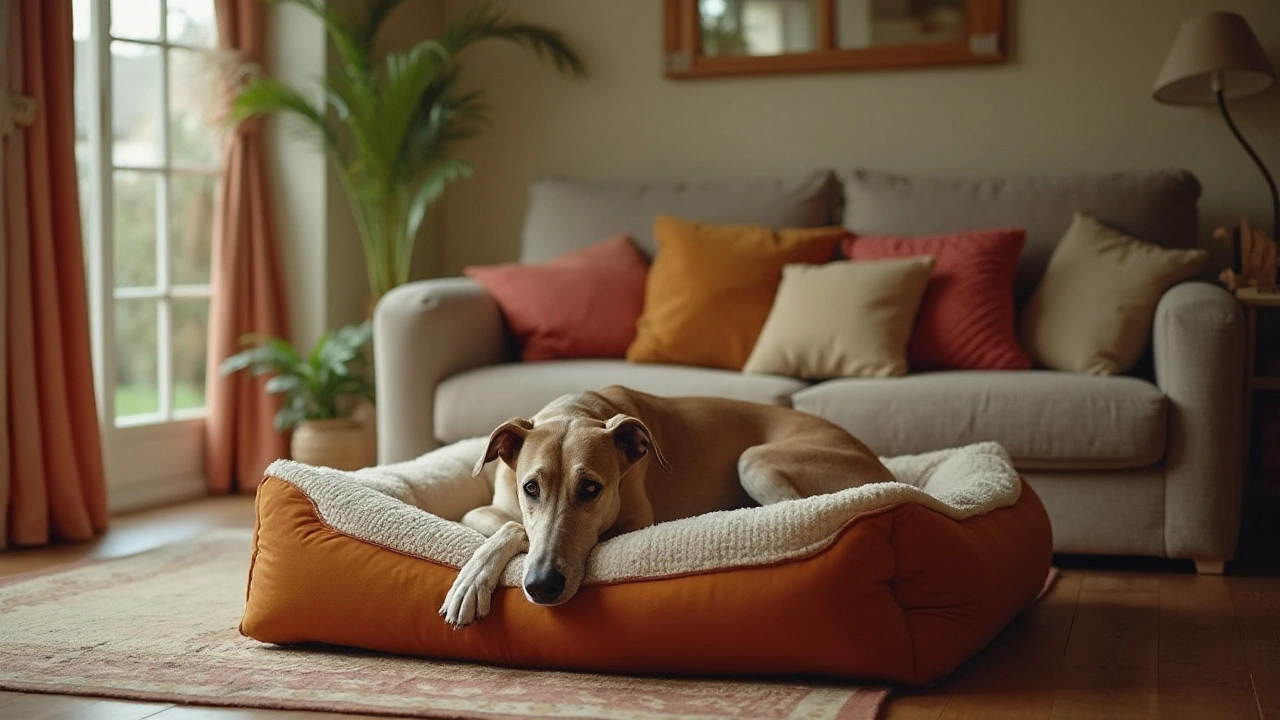Canine Rest: How to Give Your Dog the Sleep It Needs
Every dog owner knows a tired pup is a happy pup, but getting that quality rest isn’t always straightforward. Your dog’s sleep affects its mood, energy, and health, so a few simple changes can make a big difference. Below you’ll find practical steps you can start using today to create a calmer, more rested canine.
Set Up a Sleep‑Friendly Space
First thing’s first: give your dog a dedicated spot to crash. Choose a quiet corner away from foot traffic and noisy appliances. A soft bed that matches your dog’s size works best—some dogs love a round nest while others prefer a rectangular cushion. If you’re not sure which shape fits, watch how your pup curls up; a round bed suits curl‑up sleepers, a longer bed fits stretchers.
Keep the area at a comfortable temperature. Dogs can’t regulate heat as well as humans, so avoid drafts in winter and direct sun in summer. Adding a familiar blanket or a piece of your clothing can give extra security, especially for dogs that like to snuggle.
Calm the Mind Before Bed
Just like people, dogs can be wired after a busy day. A short walk or gentle play session helps burn off excess energy. If your dog tends to toss and turn, try a calming collar or a few drops of dog‑safe lavender spray. Our post on calming collars explains how the pheromones work and which brands have the best feedback.
For travel‑related anxiety, consider the tips from our “Calm Your Dog When Flying” guide. A quiet carrier, a familiar toy, and a short period of dim lighting can reduce stress on the plane and at home. Even on a regular night, dimming the lights an hour before bedtime signals it’s time to wind down.
When it comes to accessories, ask yourself if the collar should stay on 24/7. Leaving a collar on all the time can cause irritation for some breeds, especially if it’s too tight. Our “Should You Leave Your Dog’s Collar On All the Time?” article outlines the signs to look for and how often to replace it.
Finally, watch the bedtime routine. A quick brush, a gentle massage, or a light chew toy can signal that it’s time to settle. Avoid high‑energy games right before sleep—those only pump up adrenaline.
By setting up a cozy spot, calming the mind, and keeping routines consistent, you’ll notice your dog sleeping more soundly. A rested dog is less likely to bark at night, chew furniture, or act anxious during trips. Try these tips this week and see how quickly your furry friend settles into a deeper, happier rest.

